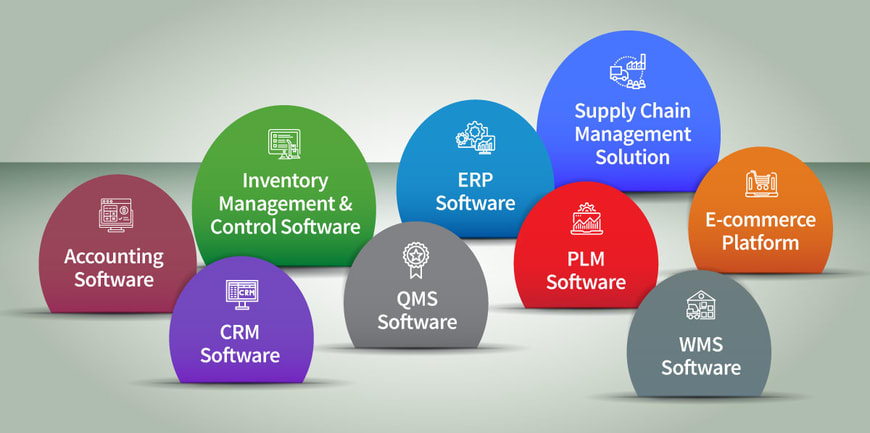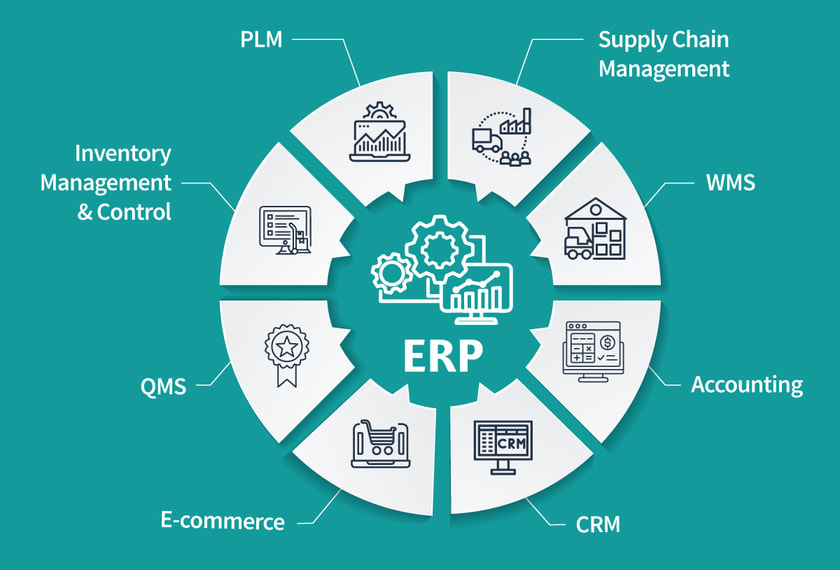
If running a business is hard, growing it and taking it to unprecedented heights is harder.
There’s simply so much that goes into the logistics of running a business; right from the planning phase, to securing funding, picking up a location, finalizing its structure, marketing it, and finally executing its functioning.
When we talk about a food manufacturing business, things get trickier.
There are a number of internal as well as external factors that come into play and influence the business in a direct as well as indirect manner.
The changing business/technological trends, government policies, regulatory/legal framework, safety/hygiene needs, sociopolitical issues, fierce competition, etc. are just a few key aspects to name.
Quickly elaborating on just one of the factors, crowdfunding, angel investing, and connected networking have ensured that a startup can become a big player in the market overnight, emerging as a serious competition.
This leaves you with no option but to deal with a new competitor who has come to the market with new features, more value, and eyes firmly set on your customer base.
What the businesses know?
The food manufacturing businesses know that it’s a game of thin margins, and they can’t afford any slipups. They can’t allow the competition to gain an upper hand in the cut-throat fight for a piece of the market pie and customer money.
They are also aware that technology can be used to a good effect to excel in the marketplace.
There are several useful business management systems available in the market, which though can’t stop the competition from advancing, but most certainly can help businesses achieve a very strong position.
These software solutions make the life easier for the food manufacturing businesses.
Right from bookkeeping, to managing inventory, quality, supply chain, warehouse operations, and even customer relationships, these systems ease the burden of food business operators.
Let’s look at all such systems that food manufacturers can implement before the competition does:
Different business management systems food manufacturers use to run their business
QMS Software
One thing the food manufacturers around the world worry about the most is maintaining food quality. It is their biggest responsibility to ensure that their food products meet all the safety and quality requirements.
A Quality Management Software (QMS) helps them in this regard, big time. It can help them avoid product recalls, lawsuits, and damage to brand reputation, among other things.
Inventory Management & Control Software
The food manufacturers operate in a highly regulated and controlled environment.
The raw materials they use come with a limited shelf life, and this perishability of the raw materials calls for effective inventory management and control.
They thus resort to an inventory management software that allows them to know how fast raw materials need to be consumed before they expire.
PLM Software
With the customers becoming increasingly demanding, food manufacturers are forced to introduce new products to the market faster, and with greater frequency.
Thus, the need to innovate, research, and bring in more offers, and options in terms of packaging, has also gone up.
This is where they go to a Product Lifecycle Management (PLM) software, which helps bring the products to market faster.
Supply Chain Management Solution
The food supply chain is an extremely complex network, and is bothered by several issues such as lack of visibility, communication, and transparency, regulatory burdens, demand fluctuations, razor-thin margins, food waste, etc.
In such scenario, the food manufacturers need a tool such as an advanced SCM system that can help optimize and manage the global food supply chain, as well as the supplier network.
WMS Software
The challenge of managing inventory grows manifold when the business grows multifold with time. The higher the inventory count in your warehouse, the greater are visibility issues.
Fast growing food businesses turn to Warehouse Management Software (WMS), which lends the businesses the ability to manage the inventory in the warehouse and deliver more in less time- all in a timely and effective way.
Accounting Software
Just like any other business, accounting is an integral component that goes into operating the food manufacturing business as well.
Keeping track of all the financial transactions, an accounting software helps food manufacturers manage the business’ finances, and monitor cash flow, revenue, tax filing, expenditure, record sales, and track invoices, besides keeping the books accurate and updated.
CRM software
Food businesses use a Customer Relationship Management (CRM) software to better manage their interactions with their current/potential customers, get vital insight into business relationships, increase customer retention, and drive business growth.
The data also allows them to identify and target the right areas to expand their marketing efforts and through it, improve the performance of their company.
E-commerce platform
Many food & beverage manufacturing businesses also use the e-commerce platform to sell their products.
An e-commerce software allows them to create that easy-to-use web store to speed-up sales and offer great convenience to their customers.
The businesses get real-time inventory information, while the customers enjoy on-time deliveries and offers/discount pricing, besides the many other benefits it offers.

Food and Beverage ERP Software
Last, but not the least, most mature food & beverages manufacturing businesses also use an enterprise resource planning (ERP) software to manage all their operations from start to end.
Food manufacturing ERP software helps them deal with the many challenges they face, develop products of highest quality, improve profitability, and meet the customer expectations along with the food safety and regulatory requirements.
Most of the disparate software come as a part of the ERP package

What the businesses don’t know?
What many food manufacturing businesses, however, still don’t know is that just by having an ERP alone, they can manage most of their business requirements, without requiring the services of separate software applications to manage the different business functions.
Also, what many businesses still don’t know is the fact that if their competition, whether small or big, is having an ERP software with dedicated functionalities required to serve their business needs such as formulation, planning, lot traceability, and Quality Control, among other functionalities, they run the risk of losing their hard-earned position in the market.
Many food manufacturing businesses are also not aware of the micro-verticalized approach to ERP.
They opt for a generic food ERP software, instead of identifying their most-specific business requirements and opting for a specialized software targeting their “micro-verticals”. For ex: a bakery ERP, a dairy ERP, and a meat & poultry ERP for the bakery, dairy, and meat & poultry businesses respectively.
Final word
The competition is increasingly getting tighter, and food manufacturers are constantly looking for ways to stand out from the rest.
By understanding their business needs proactively, and investing in the right software system to meet those needs, food businesses can most certainly stay ahead of the pack.
The choice essentially is theirs to make: whether to opt for multiple disparate systems mentioned above and making running the business a cumbersome activity, or to opt for a food ERP software that targets their industry vertical, and comes with pre-loaded functionalities such as inventory, accounting, Quality Control, CRM, supply chain management, etc., along with ways to integrate with other systems easily.
We, at BatchMaster, know that food & beverage industry verticals such as bakery, dairy, beer, chocolates, seafood, and meat & poultry, among others- all have processes that are poles apart, and accordingly we focus on “micro-verticals” within the broader vertical market categories.
Our targeted software offerings serve a wide range of sub-industries within the food industry. if you are operating into one of those sectors, write to us directly for more information about our software products, and how they can help you win the competition.



















